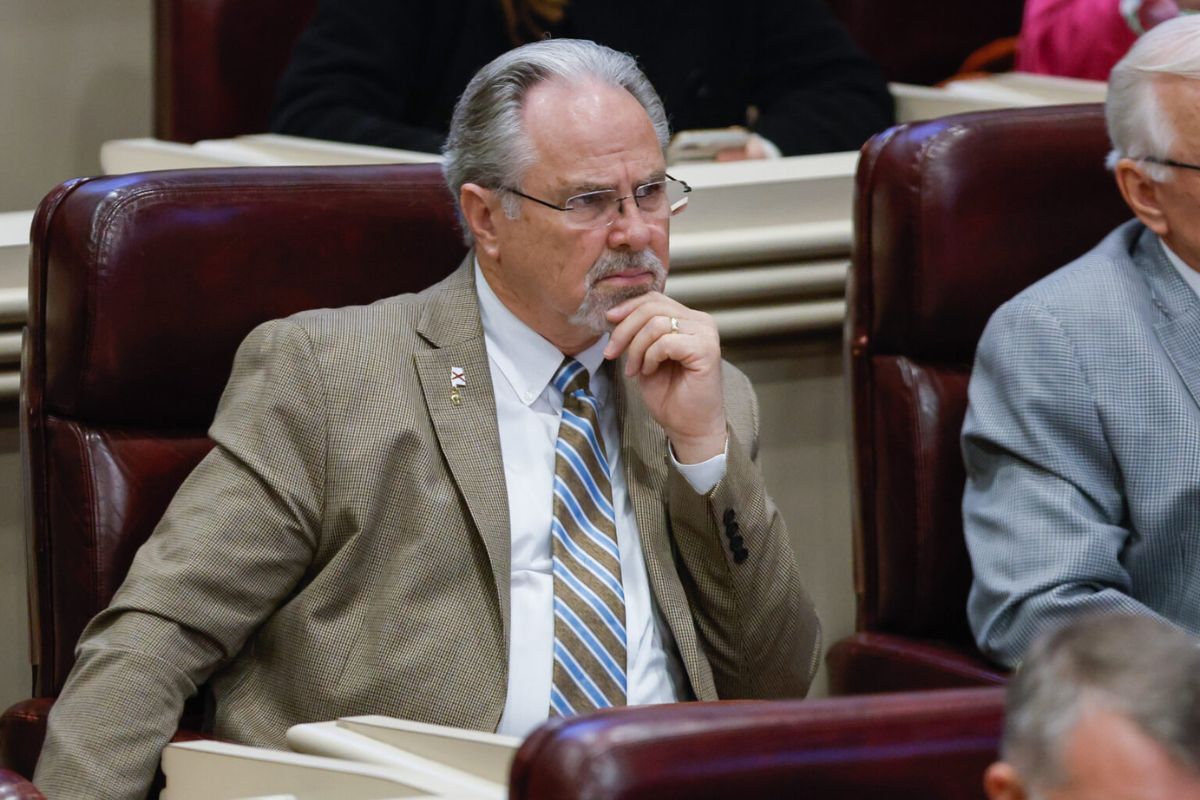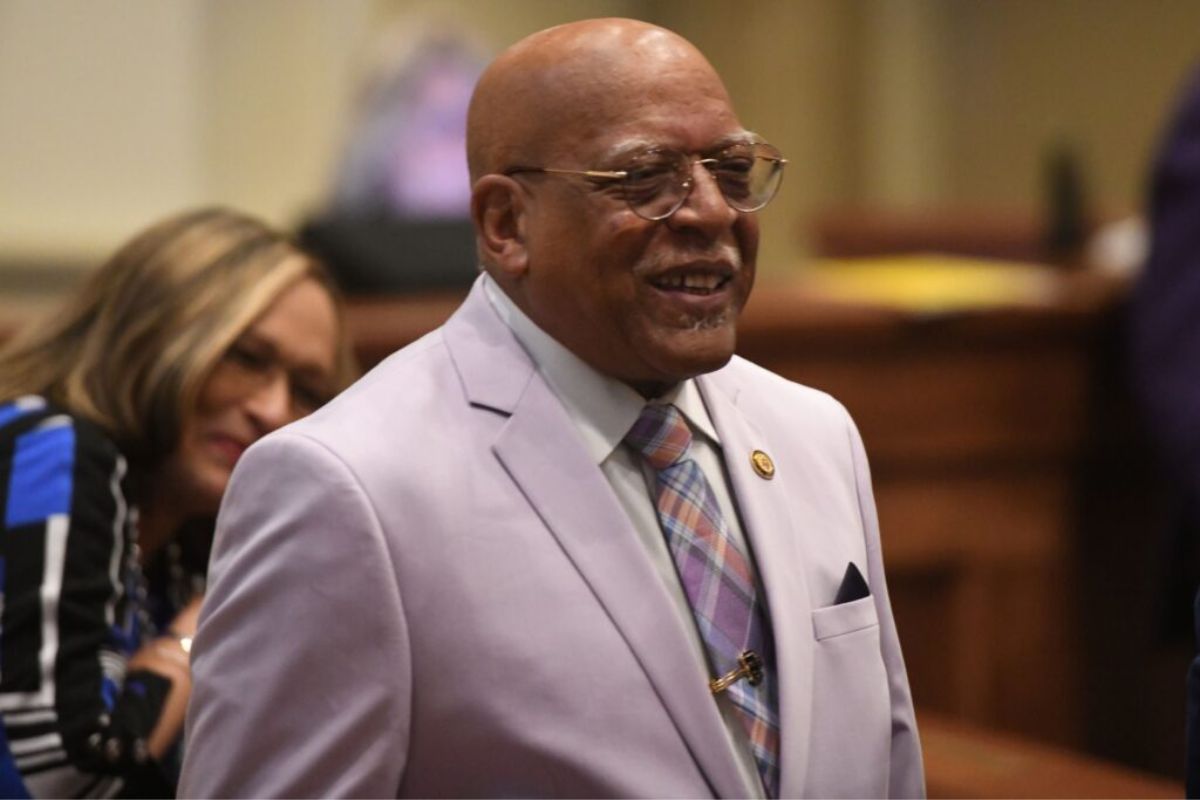Alabama Passes Bill Permitting Chaplains: The recent approval of the bill permitting chaplains in Alabama schools by the House Education Policy Committee has sparked varied reactions and discussions. While proponents argue that chaplains could offer valuable support to teachers’ well-being, concerns have been raised regarding the potential impact on students’ beliefs and the separation of church and state in public schools.
The nuanced considerations surrounding this bill bring to light broader questions about the role of spirituality and mental health resources in educational settings. As the bill progresses to the House of Representatives for further review, the implications and implications of this decision are likely to be examined from multiple perspectives.
Alabama House Education Policy Committee Approves Bill Allowing School Boards to Employ Volunteer Chaplains
The Alabama House Education Policy Committee approved a bill allowing school boards to employ volunteer chaplains during their meeting on Wednesday. SB 294, sponsored by Sen. Rodger Smitherman, D-Birmingham, was the subject of the committee’s discussions. An amendment was made to the bill, specifying that the chaplain positions would be voluntary.
Additionally, the requirement for school boards to establish policies for chaplains was removed, giving boards the discretion to decide on this matter. The amendment also clarified that chaplains would be present at the request of teachers rather than being mandatory staff positions. Sen. Smitherman emphasized that the intention behind the bill was not to replace counselors within the school system.
The bill, which passed through the committee via a voice vote, seems to be aimed at providing additional support and resources within schools through the presence of volunteer chaplains. The decision to make the roles voluntary and allow school boards autonomy in setting policies reflects a collaborative approach towards integrating chaplains into the educational environment.
Public Response and Concerns Raised
Public response to the proposed Chaplains in Schools Bill in Alabama has been varied, with concerns raised by certain individuals regarding its potential impact on the rights of the Christian majority in the state.
During a public hearing on the bill, Adam Jortner, Goodwin Philpott Eminent Professor of Religion at Auburn University, expressed apprehension, labeling the bill as a threat to the rights of the Christian majority in the state. Jortner emphasized that parents should retain the prerogative to oversee their children’s spiritual development.
He highlighted the possibility that the bill, as drafted, could pave the way for chaplains of differing denominations or conflicting beliefs to wield influence over students, contrary to their parents’ wishes. Despite the limited public response at the hearing, Jortner’s remarks underscore the significance of considering the potential implications of the bill on the rights and beliefs of the Christian community in Alabama.

ALSO READ: Alabama Considers Revamping School Funding for Student
Support and Further Clarifications
Following Rep. TaShina Morris’s clarification that the Chaplains in Schools Bill in Alabama is specifically for teachers, the bill is intended to provide additional support for teachers’ well-being and mental health.
Rep. Alan Baker’s inquiry about potential limitations on the number of chaplains allowed was met with clarification that there is no such restriction.
Rep. Smitherman emphasized the importance of the bill by recounting a personal experience from college and highlighted the individualized nature of the support that teachers can seek through chaplain services.
The bill was described by Rep. Tracy Estes as not only a spiritual initiative but also a mental health one, aimed at providing teachers with additional resources to navigate challenging times.
The focus on teachers’ safety and mental well-being underscores the intention behind the bill, which is now set to advance to the full House of Representatives for further consideration, with a timeline of four legislative days remaining in the session.
News in Brief
The approval of Bill SB 294 by the Alabama House Education Policy Committee to allow school boards to employ volunteer chaplains reflects a commitment to supporting teachers’ safety and mental well-being.
The amended bill addresses concerns about potential influence on students’ beliefs by specifying chaplain positions as voluntary.
This collaborative effort in integrating chaplains into schools is seen as a spiritual and mental health initiative, aiming to provide teachers with additional resources during challenging times.

